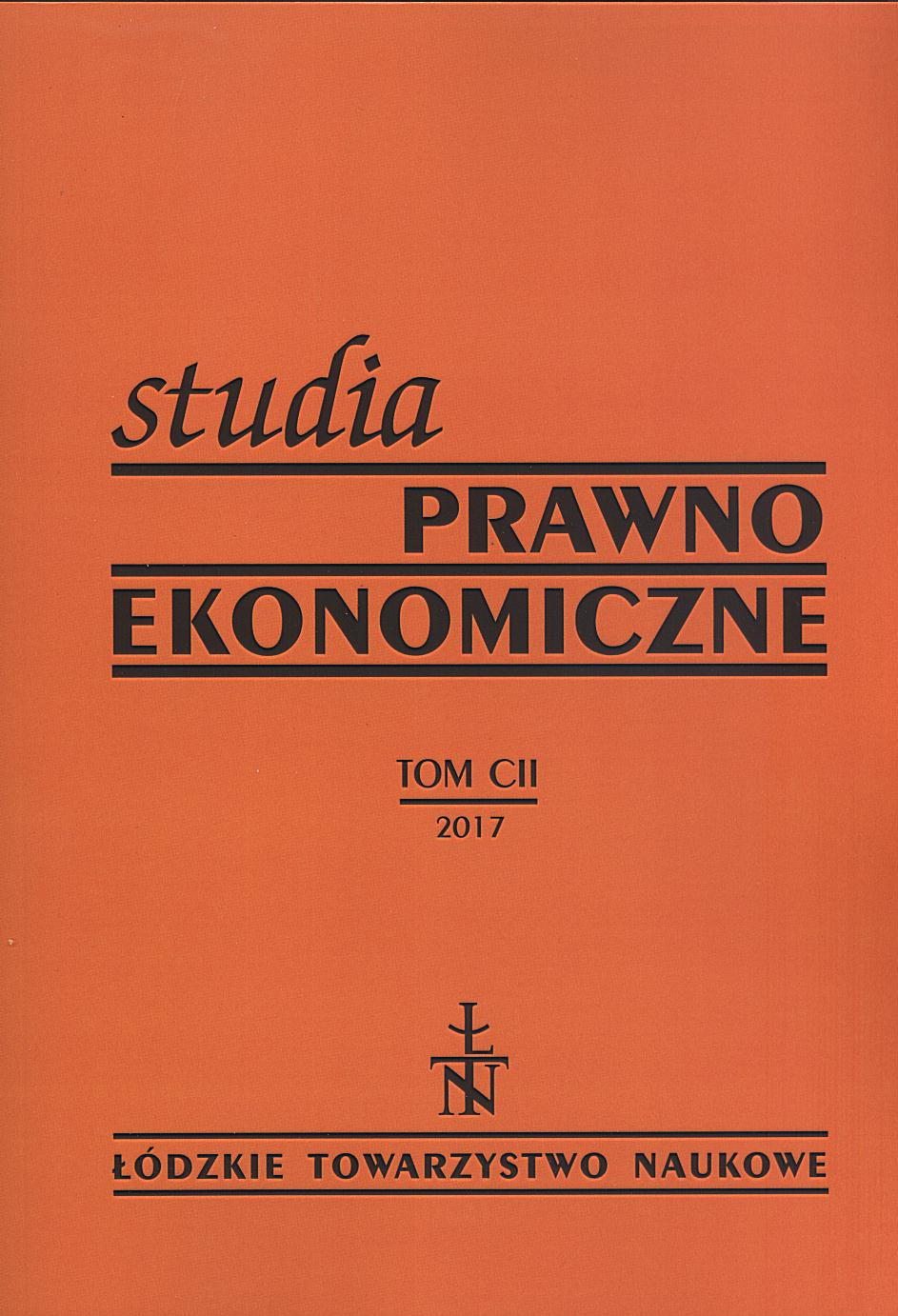Uchylanie się od opodatkowania i oszustwo podatkowe w rozumieniu art. 54 i 56 Kodeksu karnego skarbowego w świetle odesłań do systemu prawa podatkowego
Tax Evasion (art. 54 fpc) and Tax Fraud (art. 56 fpc) in the Light of References to the Tax System
Author(s): Małgorzata KurzacSubject(s): Criminal Law
Published by: Łódzkie Towarzystwo Naukowe
Keywords: tax evasion; tax fraud; art. 54 fpc; art. 56 fpc; mutual relations
Summary/Abstract: The article presents some reflections on the essence of tax evasion offence and tax fraud offence, in the light of references to the tax system. Fiscal penal law is intended to protect a fiscal system of a state. Penal law consequences of tax evasion and tax fraud are linked with tax duties, namely an obligation to reveal an object of taxation and tax base, as well as an obligation to file the tax return with the state or local tax collection agency. Tax evasion entails misrepresenting the true state of taxpayers’ affairs to the tax authorities to eliminate their tax liability. Such conduct leads to deprive the State Treasury of tax revenue. As fraud is deliberate deception to secure unfair or unlawful gain, or to deprive an entity of a legal right, analysis led to form the conclusion that tax evasion is a kind of tax fraud. Tax evasion is penalized within Art. 54 of the Fiscal Penal Code. Under this article, a taxpayer who by evading tax obligations does not reveal to a competent authority an object of taxation or tax base or does not file a declaration, which may result in tax reduction, shall be subject to the penalty [...]. Art. 56 is tax fraud. Under Art. 56 of the Fiscal Penal Code, the crime is committed by the taxpayer if he or she files a tax return containing misleading or false information and in this way exposes the tax on diminution. Thus, a taxpayer shall be subject to the penalty if they declare false data or conceal the truth or do not fulfil an obligation to inform about the change of data included therein, to cause an illegal tax reduction. Taking above mentioned into account, not revealing an object of taxation and tax base (tax evasion) is a kind of not concealing the truth to the tax authority (tax fraud).
Journal: Studia Prawno-Ekonomiczne
- Issue Year: 2017
- Issue No: 102
- Page Range: 69-80
- Page Count: 12
- Language: Polish

